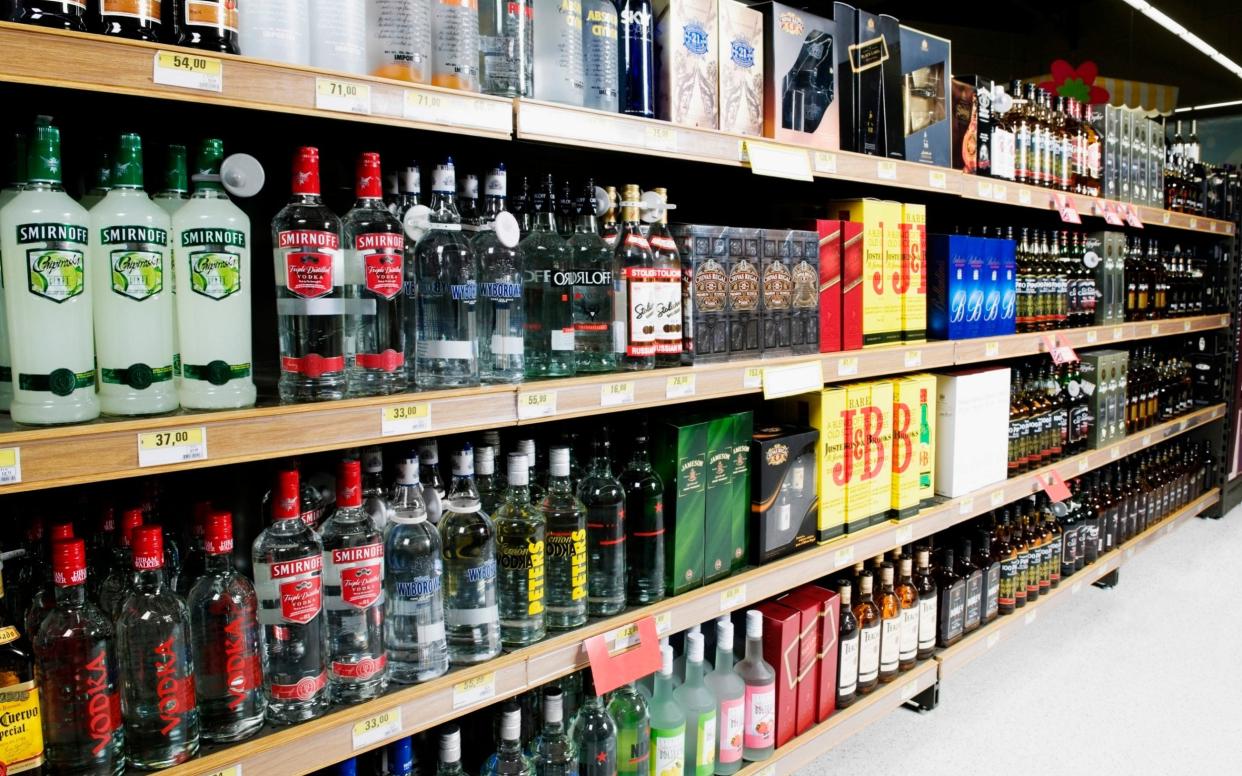Alcohol sales during lockdown provides Treasury with £800 million tax windfall

Heavier drinking during the pandemic has landed the Treasury with a £800 million tax windfall even though pubs, clubs and restaurants have been closed.
The Government netted £12.7 billion in tax from alcohol duties, £800m more than it anticipated and up from £11.5bn in the previous year, according to the Office for Budget Responsibility (OBR).
Britons switched to supermarkets and off-licences for their drinks, which more than offset the losses suffered by pubs, clubs and restaurants that were either closed, under curfew or faced Covid restrictions on sales, said the OBR.
“Alcohol duties have been revised up by £0.8bn (6.6 per cent) this year relative to our March 2020 forecast – one of the few tax streams that has outperformed our pre-virus forecast,” said the OBR.
“Total receipts have held up as alcohol consumption has been one of the few tax bases unscathed by the virus. Higher sales in supermarkets and other shops have more than offset the loss in receipts from the closures of pubs and restaurants for large parts of the year.”
Will de Peyer, a former Treasury special adviser and director of Tendo Consulting, said there was a risk that trends of home drinking set during the pandemic could have an economic impact if they continue.
“Pubs and restaurants will be crossing their fingers that Britons' love affair with alcohol continues when the hospitality sector is opened up again. If people get used to doing their drinking at home it could have serious consequences for the local.
There are, however, concerns at the social and mental health impact from the increased drinking. Almost one in three drinkers (29 per cent) said they have been drinking at increasing or high risk levels over the past six months (equivalent to more than 14 units per week), according to Alcohol Change.
Last year the Royal College of Psychiatrists (RCP) warned that as many as eight million people were drinking at levels that could lead to alcohol dependence and damage to their brains and bodies.
Already 45 per cent of psychiatrists surveyed by the college said they had seen an increase in patients whose alcohol or drug use had led to a deterioration in their mental health.
“With fewer things to spend our money on, alcohol is a handy lubricant readily available to help ease the monotony of lockdown life,” said Dr Adrian James, president of the RCP.
“Not everyone will emerge from lockdown alcohol dependent, but as the nation drinks more, many more people might succumb to addiction.
"It’s vital we stop this crisis in its tracks by offering the right support before it’s too late.”

